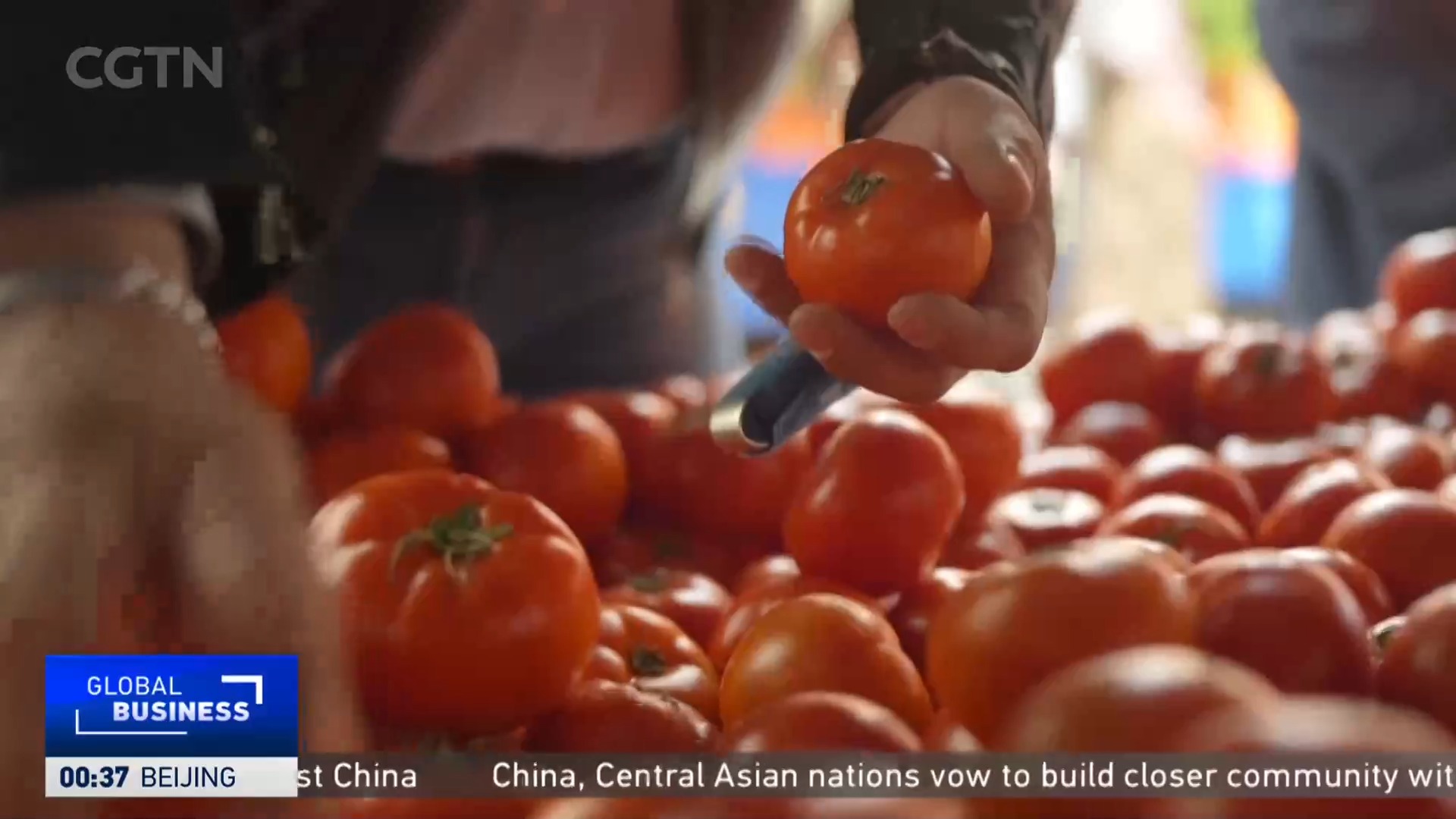04:38

Greek inflation fell last month, due to a rapid fall in energy prices.
But the cost of food continues to rise, putting it high on the list of voter concerns in Sunday's national elections.

Supporters of conservative New Democracy ruling party at Greek Prime Minister Kyriakos Mitsotakis's final rally. /Louiza Vradi/Reuters
Supporters of conservative New Democracy ruling party at Greek Prime Minister Kyriakos Mitsotakis's final rally. /Louiza Vradi/Reuters
Fifty-two-year-old Piraeus resident Vassilis Siabragas used to buy groceries for the whole week. With just under 50 euros he fed his entire family.
Now he only gets what he needs for one day.
"I write what I need on a piece of paper. I never used to do that before. I spend the rest of the time walking around, passing the time, and hoping the prices will drop so I can buy more," Siabragas told CGTN Europe.
Driven mainly by tourism, Greece's economy is expected to grow higher than the eurozone and EU average, but things on the ground feel different.
"Not long ago, 50 Euros would get you a lot. Now 50 euros is barely enough for a bag or two of food, and the quality is not the same. We can't afford the good stuff," complained Siabragas.
00:51

READ MORE
One in three young Greek voters may boycott election
Peaceful but angry: Greek demonstrators mark May Day with cost-of-living demands
Protesters and police clash in Greece at rail disaster demonstration
Success story
Greece's economy has performed strongly over the past few years, with debt reduction, growth, and multiple investments outpacing most European nations. Many call it a success story.
Annual inflation slowed last month to just 3 percent - down from 10.2 percent a year ago.
But while energy costs have gone down, food prices haven't.
"A few years ago a farmer could sell a kilo of milk for 61 cents, now it's 47 cents," said Head of the Greek consumer association, Apostolos Raftopoulos. "So why aren't consumers paying 23 percent less? We are actually paying more for milk than we did when the war in Ukraine broke out. We have asked the government why is this happening, but we haven't received an answer."
Food markets have always been part of Greek culture. Almost every neighborhood has one and prices there are usually lower than supermarkets.
But going to one has become stressful for many, due to the rising prices. With elections just around the corner, it's likely to be a strong factor in the choices made by voters.
"All political parties are playing their last cards ahead of the elections and all are talking about tackling the high cost of living," said finance expert Athanasia Akrivou."What I can say is that we should be very careful of pre-election promises, because in 2024 we will be going back to a tight fiscal policy with rules and incentives."
For people like Siabragas who are already deep in financial difficulties, money is in short supply.
There are foods here that he can still afford, but if things get tighter, he fears he won't be able to cover the costs.

Subscribe to Storyboard: A weekly newsletter bringing you the best of CGTN every Friday